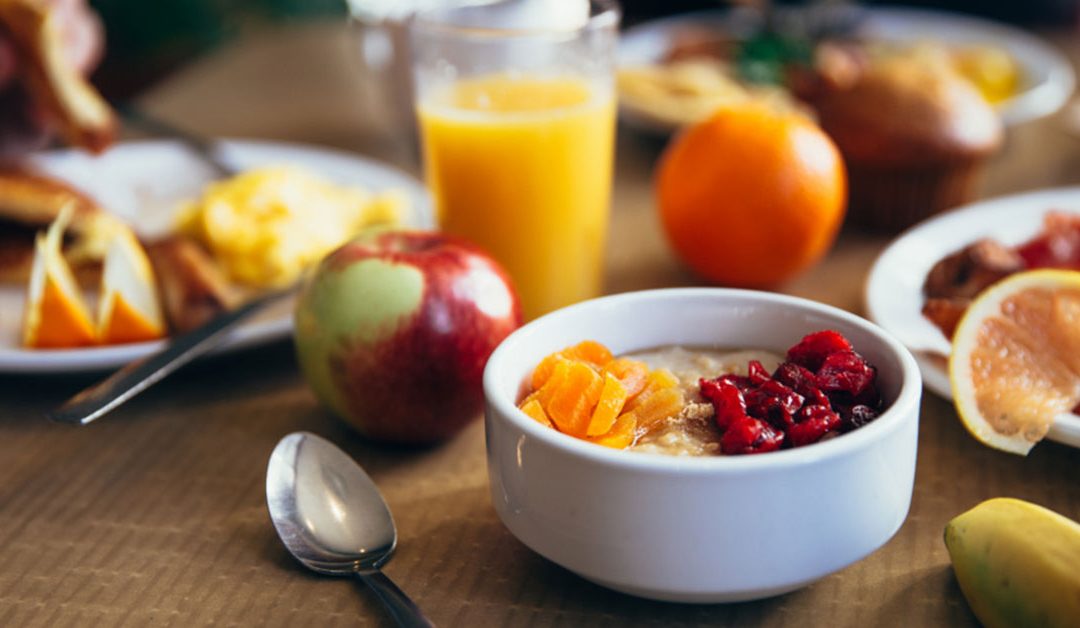Injuries happen. The question is – after they happen, how can you help the body heal?
For most athletes and general gym goers, the idea that nutrition can play a powerful role in injury recovery makes perfect sense. Optimal nutrition can play a key role in controlling inflammation, providing key nutrients for rebuilding injured tissue, minimising muscle atrophy and supporting strength preservation and gain. However, when injury strikes, many do not utilise nutrition to the best of their ability.
Here are some best practices for using nutrition to dramatically speed up the injury recovery process for anyone whether we exercise or not.
Injury recovery: How the Body Works
When tissue is damaged in the body there are 3 steps to the recovery process;
Stage 1: Inflammation- the area is swollen, red, painful and hot. Healing chemicals are attracted to the injured area.
Stage 2: Proliferation- damaged tissues are removed; new blood supply and temporary tissue is built.
Stage 3: Remodelling – Stronger more permanent tissue replaces temporary tissue.
Nutrition is important in all 3 stages.
Nutrition for Stage 1
In STAGE 1: Inflammation is critical as it triggers the repair process and is a necessary component of recovery. Too much, however, can cause additional damage. These strategies help produce the right amount:
- Eat more anti-inflammatory fats such as extra virgin olive oil, avocado, fatty fish (e.g. salmon), chia seeds, walnuts, flax seed or flax seed oil
- Eat less pro-inflammatory foods such as: fried and greasy foods, take away foods, processed meats (e.g. pepperoni, salami, hot dogs) or foods with trans fats. For example, during the initial inflammatory stage of healing, swapping a greasy hamburger for a turkey burger with avocado would support healing.
- Include inflammation managing herbs and spices that are high in antioxidants. Some of the highest sources of antioxidants include blueberries, tart cherries, dark chocolate, pecans, artichoke, elderberries, kidney beans, cranberries, blackberries and green tea. Pineapple, turmeric, garlic and ginger have also been shown to have beneficial anti-inflammatory properties
Nutrition for Stage 2 & 3
Energy balance is the most important priority, followed by adequate protein intake to support recovery and muscle retention, while minimising the effects of unwanted body composition changes.
- Eat adequate protein – legumes, eggs, tofu, tempeh, plant based protein source (e.g. tofu, tempeh or textured vegetable protein), meat and fish (not processed meats). Specific requirements will depend on each individual, but a good starting point is aiming for 20g of high quality protein (~0.3g/kg body mass) at EVERY meal.
- Balance dietary fats from different sources such as extra virgin olive oil, avocado, nuts and fish oils
- Eat the rainbow – include a variety of fruits and vegetables
- Eat enough carbohydrates – you will need fewer than when you are training but enough to support your recovery – choose minimally processed carbs such as whole oats, quinoa, wholegrain rice and grainy breads.
Can I Just Take a Supplement?
There is plenty of research into supplements but at the moment the direct evidence as to efficacy is still lacking. Some strategies that may be worth trying (alongside professional guidance) to prevent and improve injury include:
Tart Cherry Juice for Anti-Inflammatory Benefits and Immune Support
A fruit that is emerging with a good deal of promise is tart Montmorency cherries. This specific cherry is extremely high in numerous plant compounds that can provide antioxidant and anti-inflammatory properties. Montmorency cherries are taken in a juice format; either a fresh pressed juice or most commonly in a concentrate, where 30 mls of the concentrate can be taken neat or diluted with 100-200 mls of water. One serving of concentrate can equal the same amount as eating 60-90 cherries.
Collagen Supplementation
Research is still in the early days. Our tendons, ligaments, bones and cartilage all contain collagen as their main protein. Theoretically, collagen supplementation could help with any injury that involves these areas. A general protocol to begin with is 15-25g of gelatine or hydrolysed collagen, paired with 50mg of Vitamin C (to assist with absorption), 40-60minutes before training.
Fish Oil Supplements
Evidence on the benefits of fatty acids is currently inconsistent. Fatty acids and fish oil act as antioxidants, and have anti-inflammatory properties. The long-term intake of omega-3 fatty acids enhances anabolic sensitivity to amino acids; thus, it may be beneficial to the injured athlete. Intake of fatty acids, however, should follow a well-balanced diet ideally. If adequate amounts are achieved in the diet, a supplement would likely not be necessary.
